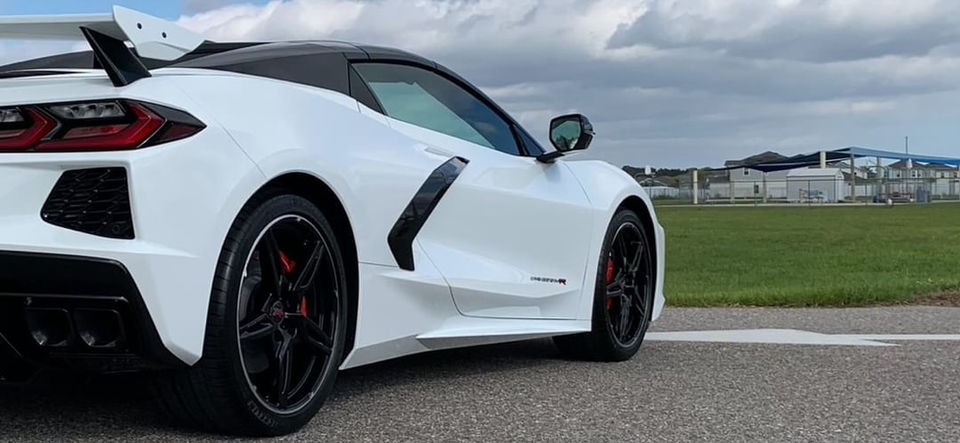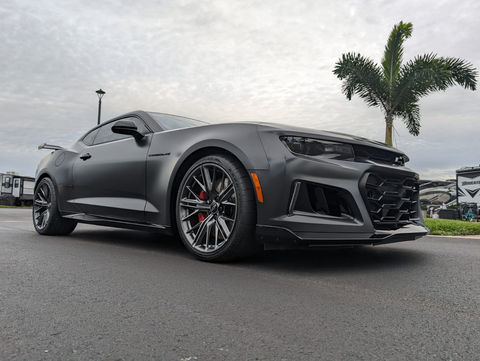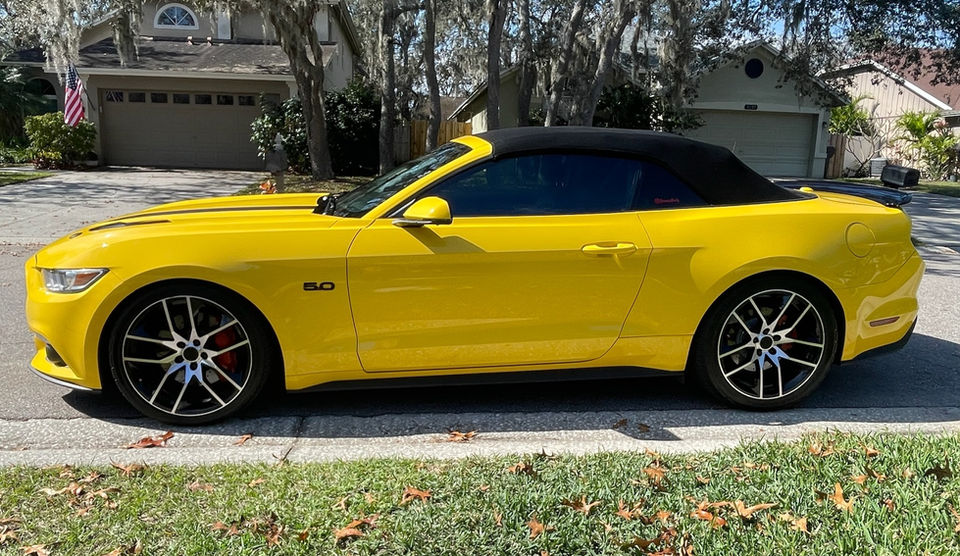
Why Us ?
Our ceramic forms a clear, & durable barrier on the surface of your vehicle.
Mobile service available! We come to you without sacrificing the quality
Offers UV protection, preventing paint fading, clear coat flaking, and oxidation from the harsh Florida sun
$500,000,000+ in assets protected & warrantied by Certified Ceramics
One time application, years of long-lasting protection. No maintenance required
Unmatched protection from the elements and road debris

Ultimate Gloss & Shine
Once coated your car will stand out from all others. The shine and color depth on a ceramic coated auto is something to behold. Ceramic, unlike wax, provides a permanent shine. The results are truly eye-catching.

Hydrophobicity
Our services transform your coat to exhibit the same characteristics found on many plants around the world, yielding extreme hydrophobicity. Your vehicle will repel all dirt and water once coated, keeping it clean and glossy.

Scratch and Scuff Resistance
Certified Ceramics uses quality ceramic coatings that fortify any surface against scuffs and scratches. All coatings come with a 2 stage paint correction prior to ceramic application to remove scratches & swirls in the clear coat.

Durability
Certified Ceramics applied coats will last up to 9 years long as the coating is maintained accordingly and not exposed to an abnormal amount of abrasion. Unlike waxes that only last for up to a year before needing reapplication. Our ceramic coating are rated for 9 years of standard wear and tear.

Less Maintenance
Once cured, the coating gets very hydrophobic (water repellent); water rolls off the surface and grabs dirt and grime. This is known as the self-cleaning effect. Allowing for easy cleaning using only neutral soaps and contactless or microfiber cleaning methods. Use of strong strong detergents are now obsolete.

UV Protection
The UV protection built inside of ceramic coatings protects clearcoat, paint, and plastics against aging, cracking, and fading colors. Same ceramic technology trusted by US armed forces in desert climates.
GALLERY



















